Helldivers 2 released on Feb. 8 and topped Steam’s daily sales chart and player count almost immediately. But despite dominating in sales, Helldivers 2 only has a 53 overall percent positive rating on Steam, and that low number has a lot to do with what’s called a Rootkit.
This might be the first time you’ve heard Rootkits being brought up, as they’re usually only discussion-worthy when they’ve done something wrong. The sudden explosion of discussion has led to confusion and unclear information floating around, but there’s no reason the topic needs to be perplexing. At their core, Rootkits are actually quite simple.
What is a Rootkit?

A Rootkit is a type of software that can make changes to your PC’s files without permission or notification. Any time you download or update a game, you get a notification asking if you want to allow a program to make changes to your system. That is because you (typically) are the administrator of your PC, which means nothing gets implemented without your approval. Rootkits are able to bypass the need for administrator approval, and are thus able to access and control critical parts of your PC without you knowing.
This obviously sounds deeply nefarious, and sometimes, it is. It’s very common for malicious virus software to function as Rootkits, so it can access pretty much anything on your system from the shadows. That isn’t the only thing Rootkits are used for, though. The software inherently has the potential to be used maliciously, but with great power comes great responsibility, and a Rootkit is only as dangerous as the way it’s used.
The other most common usage of Rootkits is in anti-cheat software. Rootkits are able detect cheats on PCs much easier specifically because they don’t need permission to go searching through files. They have a warrant, if you will. If you’re familiar with DRM software like Denuvo, then you’re essentially already familiar with Rootkits, you just hadn’t heard them called that before.
As you can probably guess, not all Rootkits are created equal. If, for example, Microsoft were to make an anti-virus Rootkit software, there probably wouldn’t be any reason to fear for your PC’s safety. In the specific case of Helldivers 2, players are concerned about a Rootkit called nProtect Gameguard.
nProtect Gameguard explained
nProtect Gameguard is a rootkit anti-cheat software that has actually been around for significantly longer than Helldivers 2 has. The software is designed with the sole intent of keeping online games and their players safe from hackers and cheaters, and a part of that intention necessitates the presence of a Rootkit. Think of it like a detective trying to conduct a search—if the detective isn’t allowed inside a house and given unrestricted access to bedside drawers and loose floorboards, it’s unlikely they’d find anything hidden. The same thing is true of anti-cheat software and PC access.
Since almost all anti-cheat softwares are Rootkits, there’s a good chance you’ve had one on your PC before. Again, the presence alone isn’t cause for concern, it’s all about who’s behind it. So, the question is less about “what is a Rootkit,” and more about “is nProtect Gameguard safe?”
The short answer is yes, nProtect Gameguard is safe. The software has been around for long enough to withstand the test of time—you really don’t need to worry about nProtect Gameguard doing anything nefarious on your system. That said, the software doesn’t have a great reputation, although that isn’t because of a lack of safety, rather a general clunkiness.
The biggest legitimate concern with nProtect Gameguard (and most DRMs) is not safety, but optimization. Because anti-cheat Rootkits need to constantly monitor so many things at once, it’s important they are very well-optimized to avoid disrupting performance. In the case of nProtect Gameguard, its lower optimization quality can lead to some increased RAM usage, but that’s about it.
Is Helldivers 2 a Rootkit?
Helldivers 2 is not a Rootkit itself, but it uses nProtect Gameguard, which is a Rootkit anti-cheat software. Some people aren’t comfortable having any Rootkits on their PC in any capacity, but this is essentially equivalent to not being comfortable letting anyone else use your PC. It’s always good to be as cautious as possible, but there’s no reason to believe nProtect Gameguard will do anything malicious with the access it has to your system.
If you generally don’t want any programs to have third party access, that’s a different story. But, if you already play lots of popular online games and are here because you’re nervous after seeing an explosion of Rootkit talk surrounding Helldivers 2, thn I don’t think you have anything to worry about. If you’re still feeling nervous, here is a post from the game’s technical director that goes into some detail about why the devs decided to use nProtect Gameguard for Helldivers 2.


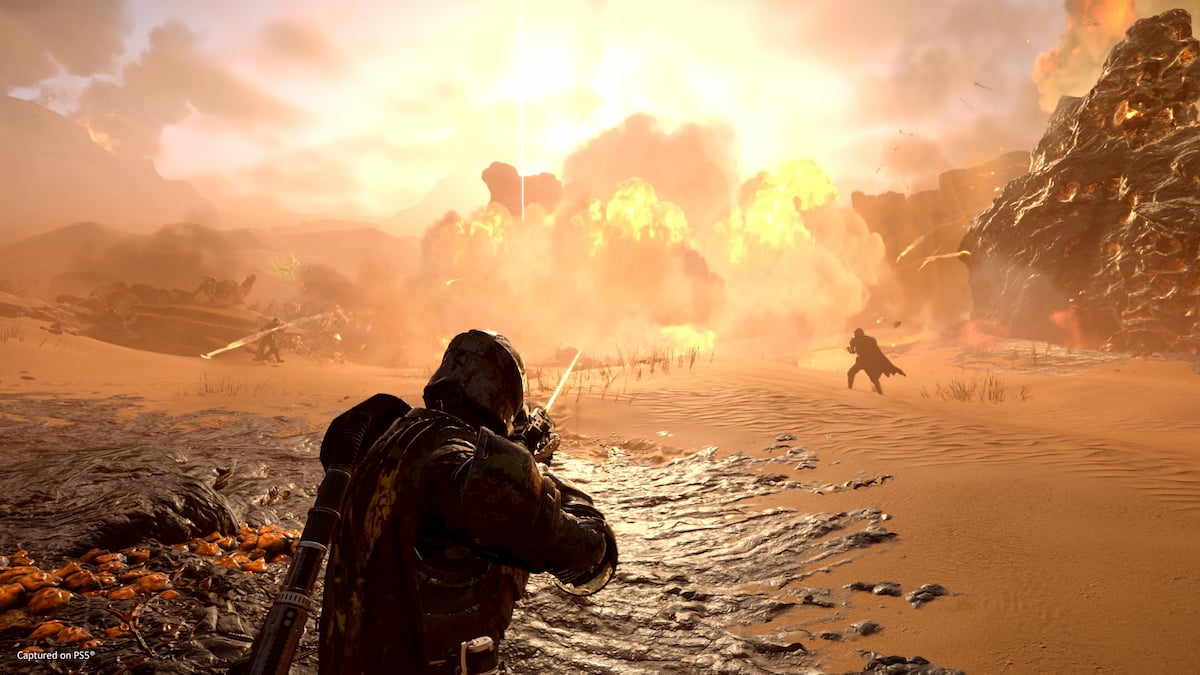

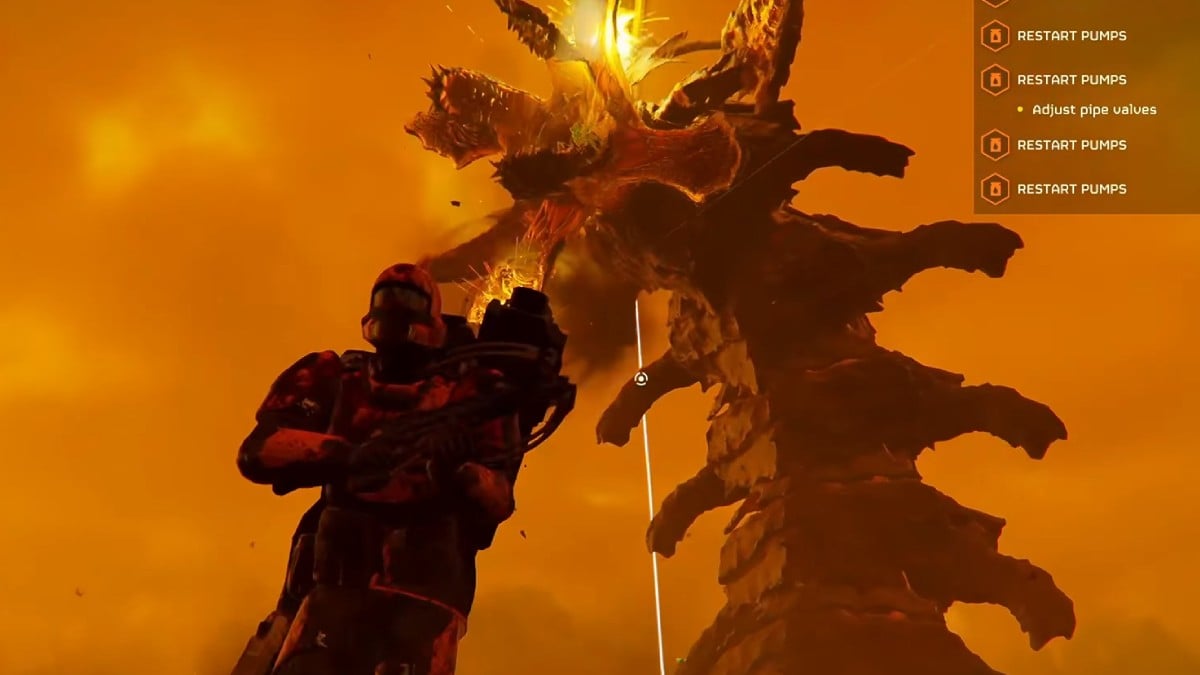
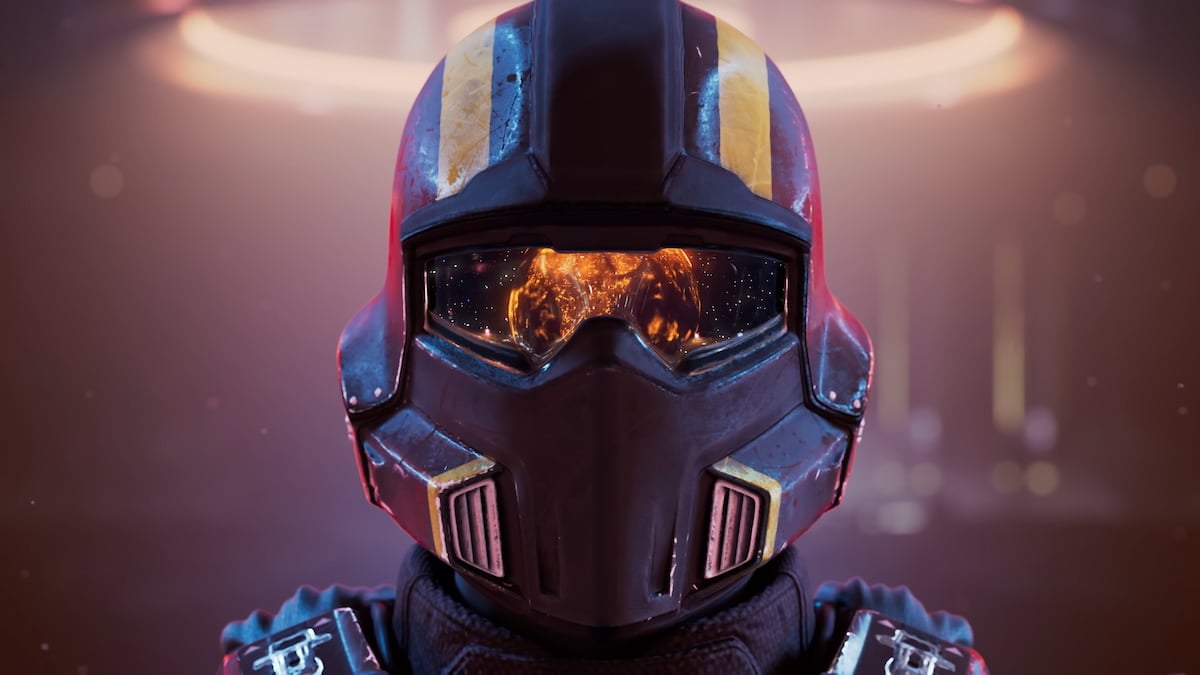
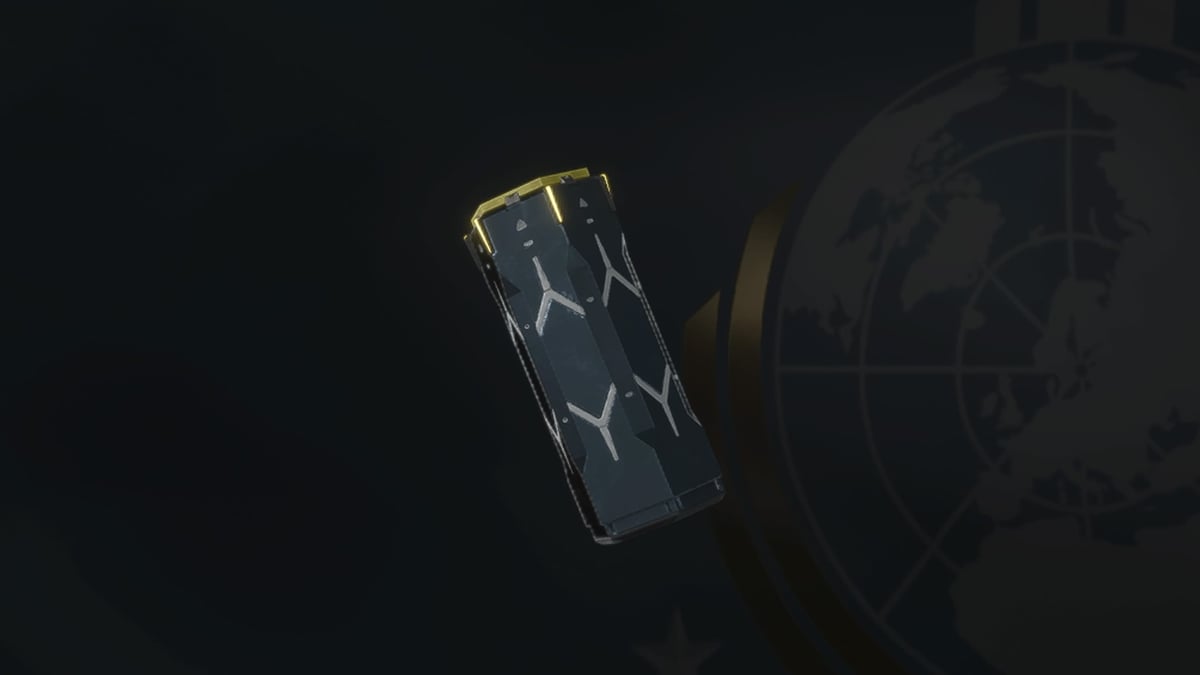
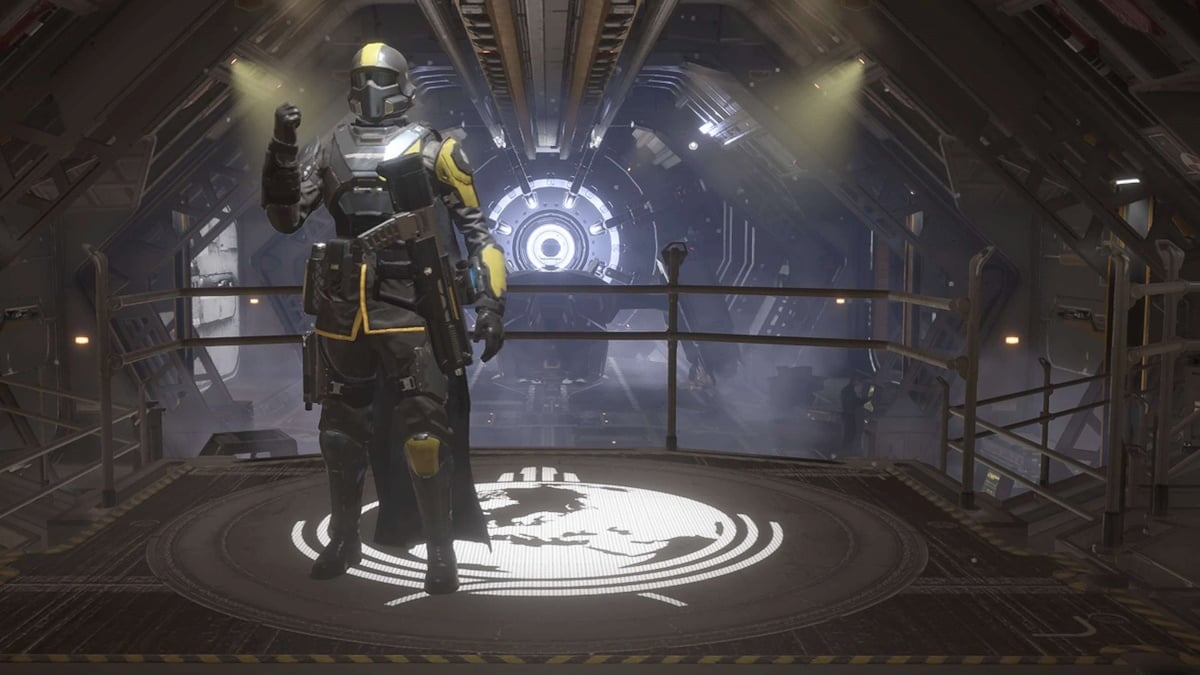
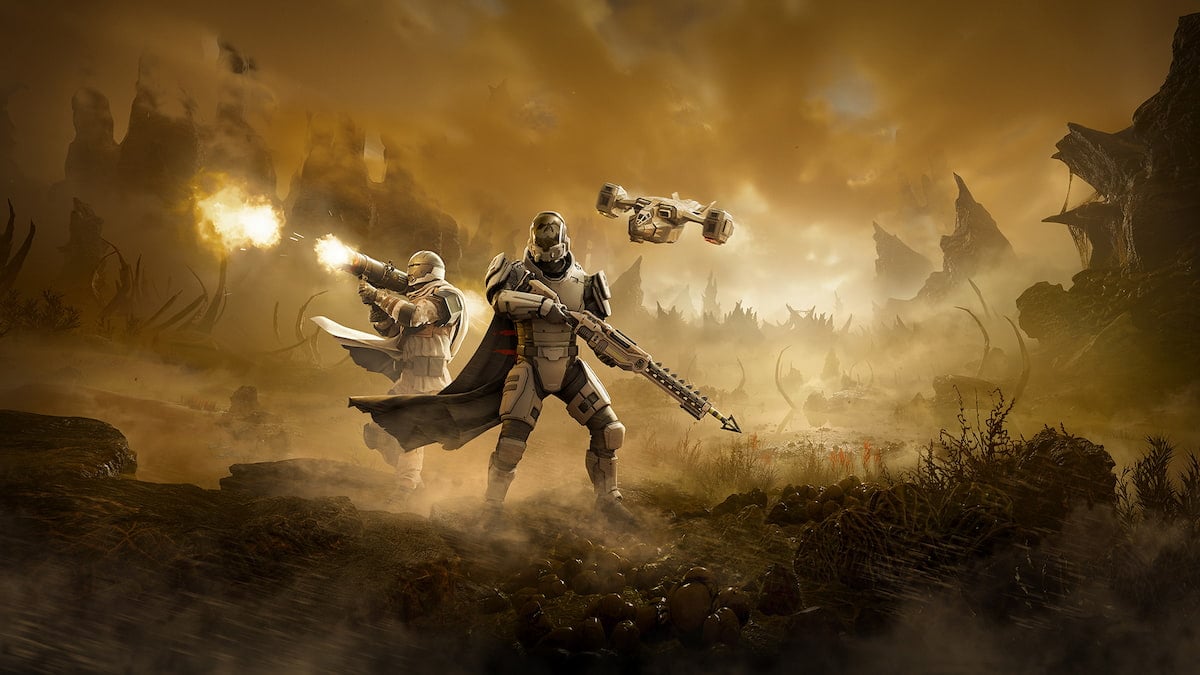
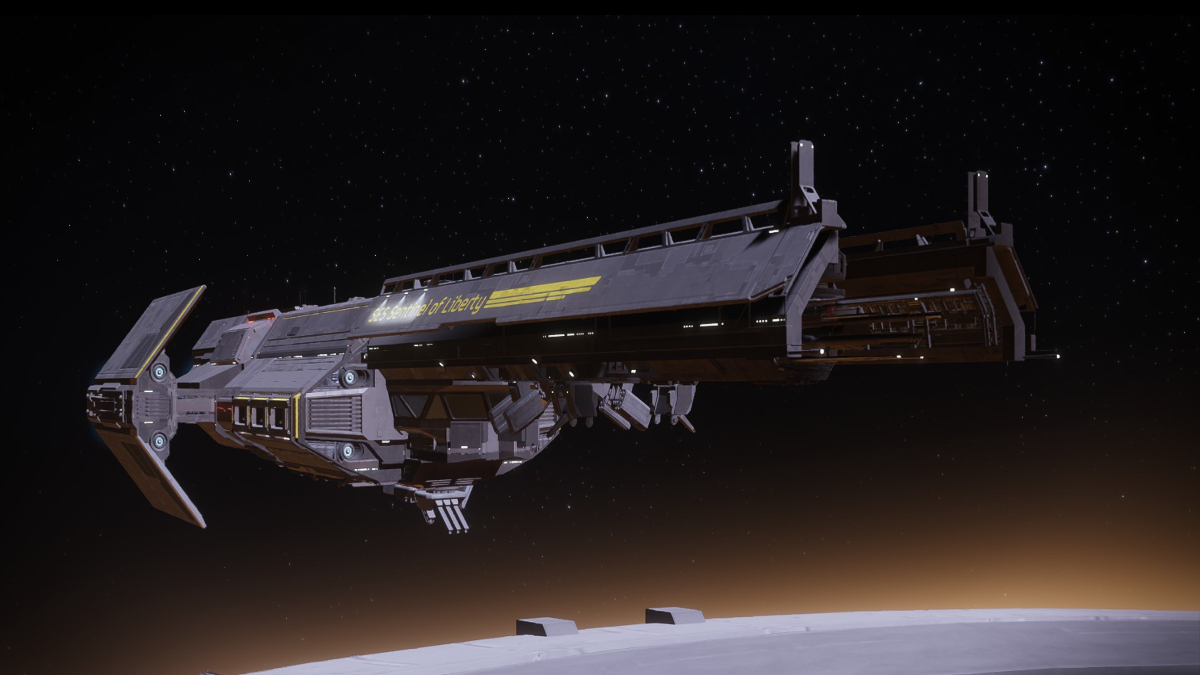
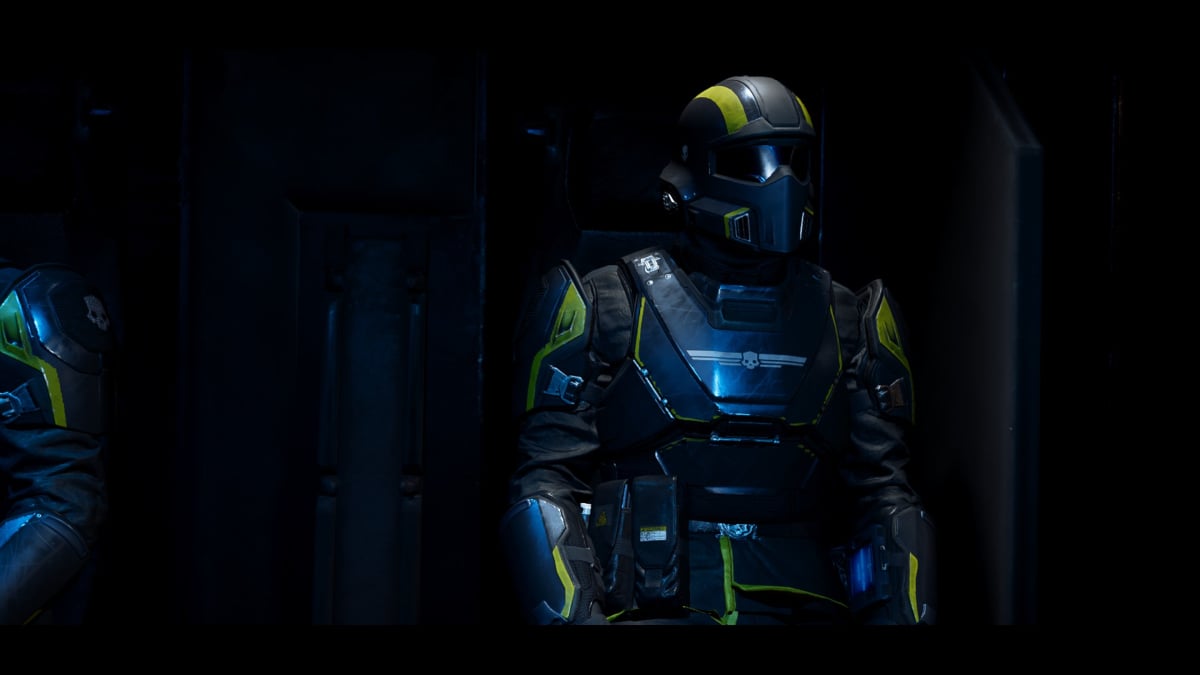
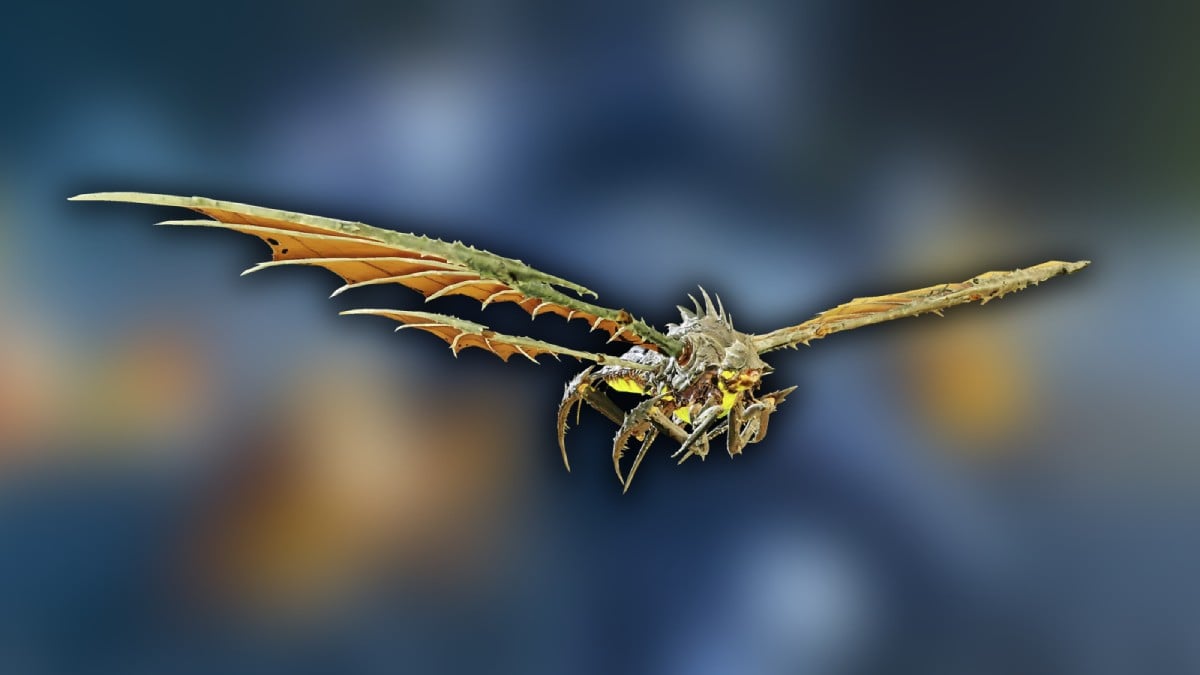

Published: Feb 9, 2024 06:00 am